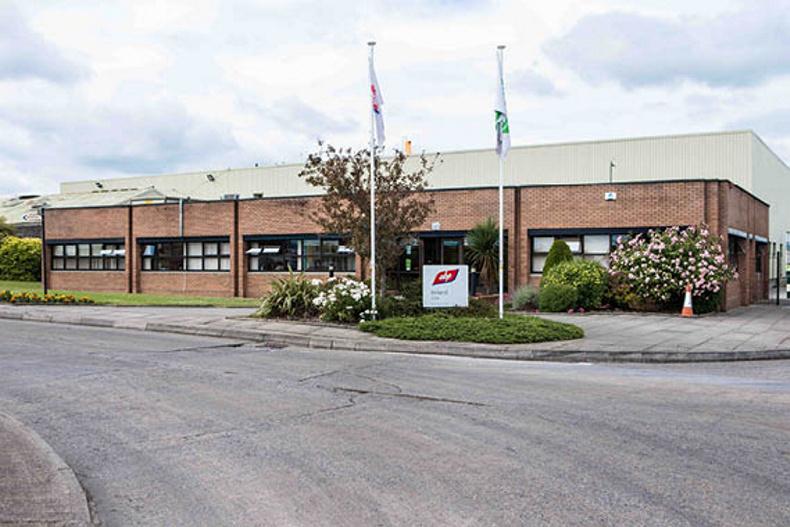The announcements by the UK and EU Competition authorities that the ABP-Linden and Dawn-Dunbia deals were cleared to proceed caused no great surprise. Unlike the ABP-Slaney deal in 2016, farmer opposition was more muted this time round. Perhaps it was because the major opposition to this deal (which was approved just over a year ago) didn’t have any influence that there was a feeling of inevitability about clearance being obtained.
After the ABP-Slaney/ICM deal was concluded it was no surprise that Linden Foods, the Northern Ireland beef and lamb processor owned by the Fane Valley Co-Op, would follow the same path. Linden, like Slaney, has superb facilities, including a retail packing and further processing unit in Dungannon. They also own an abattoir in the north of England and Kettyle Foods, a Co Fermanagh-based high end catering supplier.
Dawn’s move for Dunbia had been in development for some time as Dunbia, owned by the Dobson brothers, grew from a butcher’s shop in a Co Tyrone village to one of the foremost meat processors in the UK and Ireland (though smaller than ABP).
Dawn has taken outright ownership of Dunbia’s only Republic of Ireland factory in Slane, while the UK business of Dawn and Dunbia will merge under Dunbia branding – though Dawn will be the majority shareholder.
The net effect of these deals is that ABP-Slaney and Dawn will control an estimated half of the Irish cattle kill each year. Kepak and Liffey between them are estimated to have around a quarter, which means that the single site independents account for just 25% of the national kill.
In Northern Ireland, ABP-Linden will have an estimated 40% of the kill while Foyle are the only other factory with more than one site, slaughtering cattle in Campsie, Co Derry and Omagh, Co Tyrone. The processing options for sheepmeat in Northern Ireland are confined to ABP’s Lurgan factory, and the Linden and Dunbia factories, both in Dungannon. The other major outlet for lambs in Northern Ireland is through the marts with ICM and Kepak major buyers.
What is in it for the factories?
From a meat processors viewpoint, there is perfect logic in these joint ventures and acquisitions. Slaney, Linden and ICM have superb facilities yet are small by international standards, finding it difficult to attract the big retail customers who want suppliers that can meet their huge beef requirements.
By gaining access to the ABP customer network, Slaney and Linden will have a higher-value portfolio of customers. For ABP, they will have access to the largest single site abattoirs both sides of the border and a strong farmer supply network. Following the horsemeat problems, it is a further opportunity to shorten the supply chain.
On sheepmeat, APB will have access to the ICM expertise who have developed a wide range of customers for value added lamb products across Europe. Expect ABP’s UK sheepmeat business to tap into this expertise.
Dawn is synonymous with the McDonald’s business and while active in UK retail, it is Dunbia that would have the wider recognition.
Dunbia’s Oriel Jones factory in Wales is one of the largest in Europe and is a huge supplier of lamb to UK retailers and a range of continental customers as well. Dawn’s Irish sheepmeat business could tap into this, though the long-term prospects will be shaped by Brexit.
Farmer concerns
The protests by farmers and farm organisations against the Slaney deal last year indicate the real concern about the loss of competition for buying cattle and lambs. This reflects the lack of trust that exists between factories and their farmer suppliers.
It contrasts with the widely held view among dairy farmers in favour of rationalisation. While the protests haven’t been as loud this year about Dawn’s takeover of Dunbia, it likely reflects a resignation on the part of farmers after the Slaney decision rather than an endorsement.
Comment
The contrast between farmers’ views on rationalisation in the dairy and beef sectors is striking. The dairy co-op structure gives a feeling of farmer involvement in dairy processing, whereas the privately-owned meat processing industry is seen as a series of beef barons that make huge profits with little or no transparency. However an independent meat factory at every cross isn’t the key to maximum profitability for Irish beef just as it isn’t for milk.
Taking a 20-year view of Irish beef, factories are now paying between 105-110% of the EU average compared with 95% 20 years ago. The absence of transparency beyond the farm gate drives the suspicion that factories don’t give farmer suppliers a fair deal.
The introduction of transparency is the first step in building farmer confidence in factories and perhaps the current EU Agriculture Commission initiative on Unfair Trading Practices will bring that about.






 This is a subscriber-only article
This is a subscriber-only article










SHARING OPTIONS: